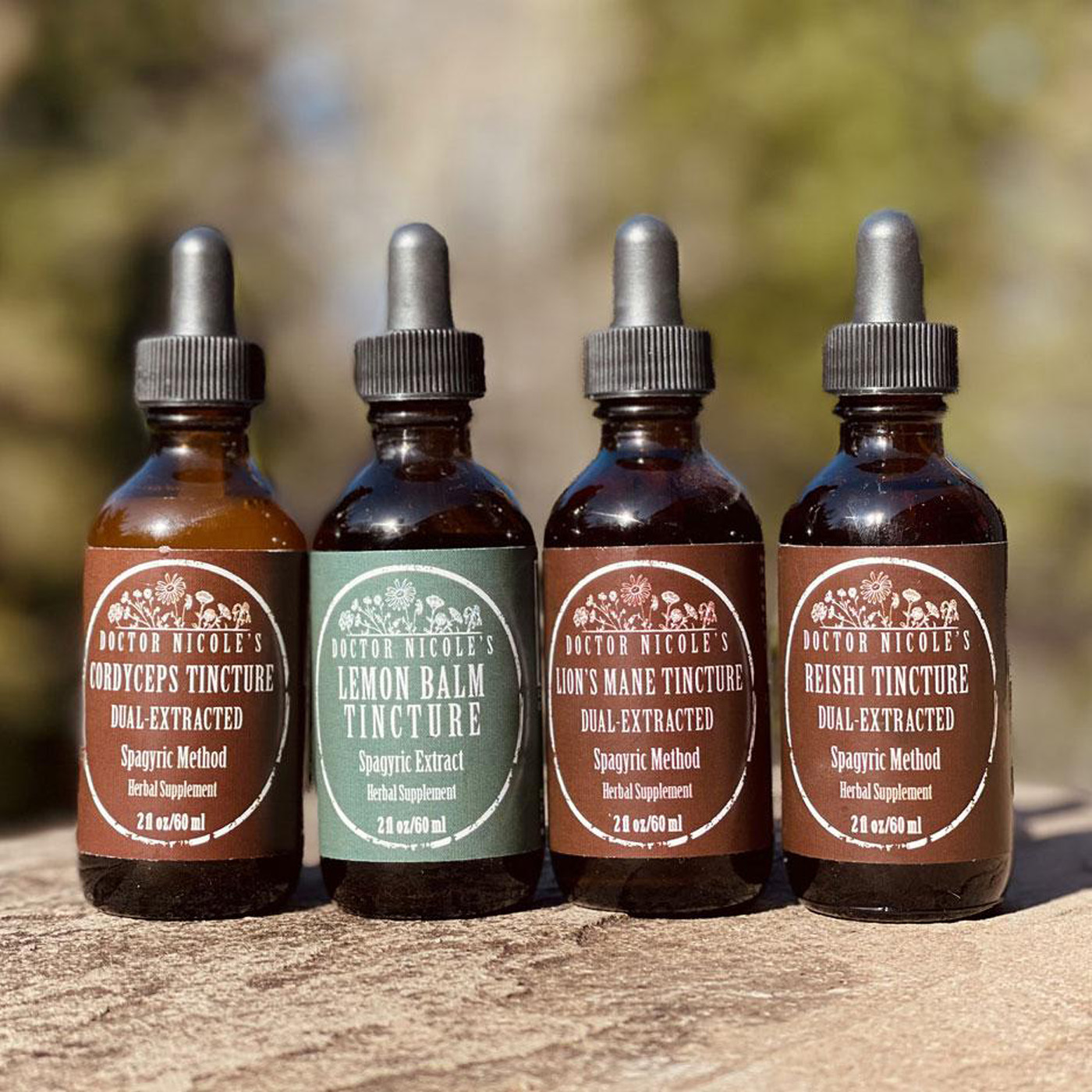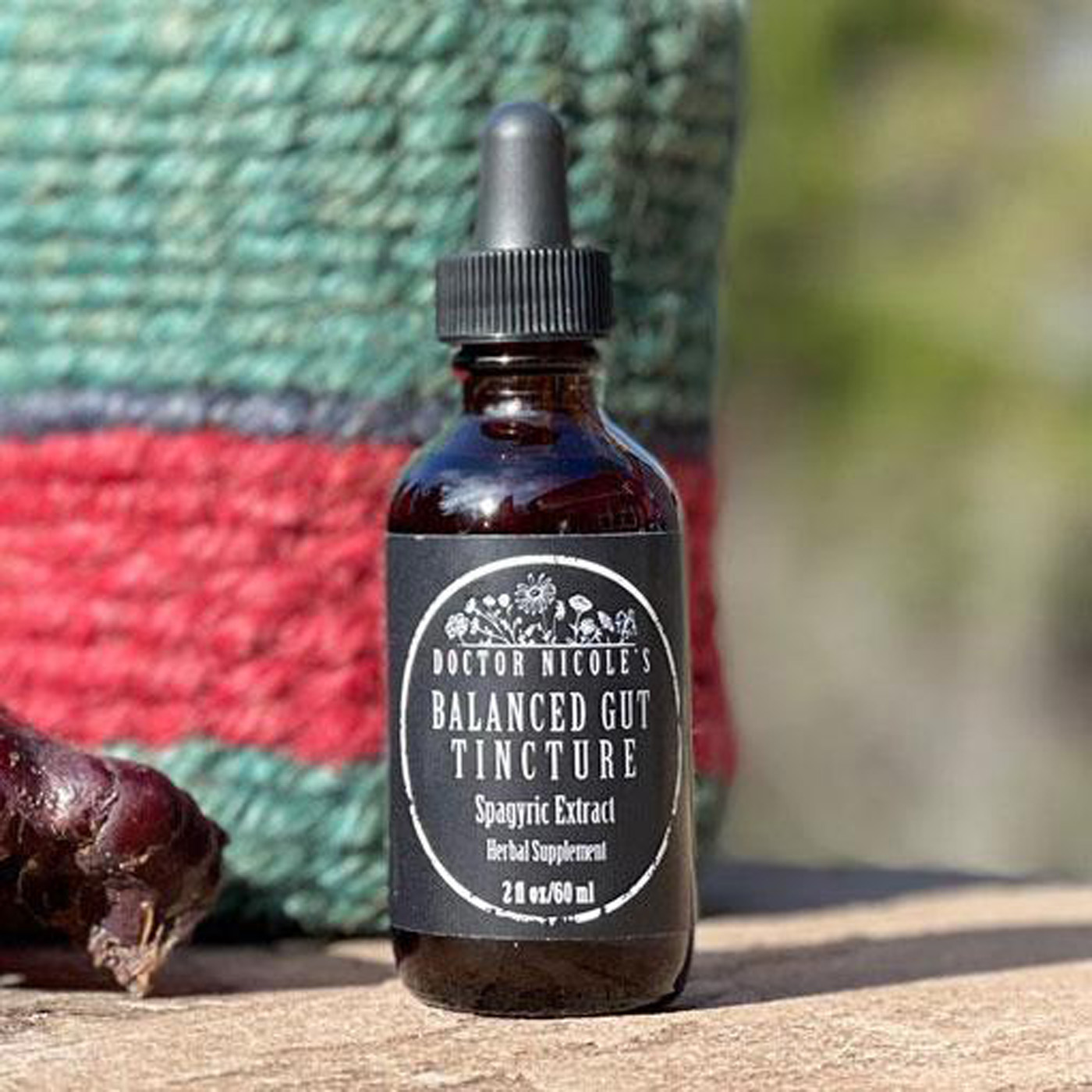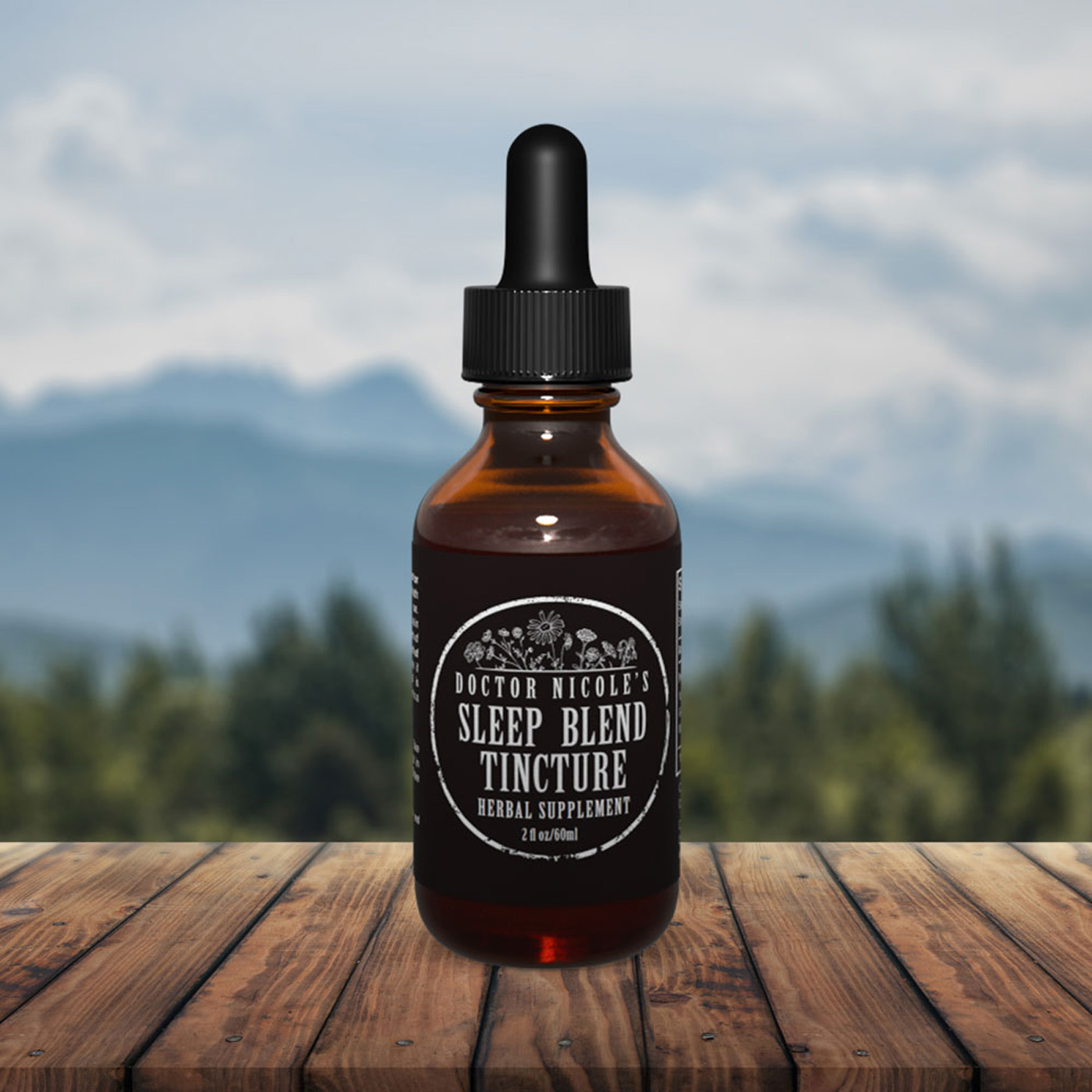What is Glutamate-GABA Balance and Why is it Important?
Many have heard about the neurotransmitter GABA for relieving stress and anxiety, but the flip side of the neurotransmitter coin, glutamate, rarely receives much attention unless it is in association with monosodium glutamate (MSG). What we may not realize is that the balance between glutamate and GABA in the brain is complex and has a profound impact on not only our mental health, but also on our physical well-being. Here’s why.
Glutamate is an excitatory neurotransmitter that helps to stimulate brain cells and is involved in speech, cognitive function, and short and long term memory. High levels of glutamate receptors in the brain indicate heightened ability to learn and remember. However, it is also associated with an increased risk of seizures and stroke. Even though glutamate is one of the most abundant neurotransmitters in the brain, it is found in only small amounts. When the concentration rises in the brain, glutamate becomes an excitotoxin that encourages over activity of the neurons, which triggers brain inflammation and cell death.
An excess of this neurotransmitter is linked to a host of neurological disorders, including: multiple sclerosis, schizophrenia, migraines, autism, ALS, Parkinson’s, restless leg syndrome, and fibromyalgia.3 Additionally, too much glutamate is also associated with insomnia, ADHD and hyperactivity, obsessive compulsive disorder, and self-stimulatory behaviors seen with autism.4
An overabundance of glutamate also depletes your glutathione levels, which is your “master antioxidant” that is crucial for detoxification, gut health, and keeping inflammation in check. It also impacts your gastrointestinal system and can encourage an increase of unfriendly microbes in the gut, leading to issues with GERD, heartburn, and leaky gut. Moreover, an excess of glutamate encourages chronic stress, anxiety, fear, insomnia, and restlessness.
Struggling with gastrointestinal problems?
Visit the apothecary today and learn how my Balanced Gut Blend can help!
On the other side of the spectrum is gamma-aminobutyric acid, otherwise known as GABA. This is your main calming neurotransmitter. It encourages alpha wave production and is strongly associated with speech and language. GABA helps to slow things down and promote sensory integration. It is responsible for the pause and space we place between words. Without enough of this important neurotransmitter, our speech would be difficult to understand because it would entail fast talking, slurred words, run-on sentences or possibly no speech at all.
When we don’t have enough GABA, we often experience antisocial behavior, depression, anxiety, muscle spasms, attention deficit, and chronic pain disorders. It is linked to craving carbs and sugar, alcoholism, and drug addiction. What’s more, the gut is packed with GABA receptors thereby influencing bowel contractions. Low levels are associated with constipation, abdominal pain, and slow transit. Having an adequate level of GABA in the gut is also crucial for immune health as it supports IgA activity, which are important antibodies that protect the gut lining from harmful microbes.5
“… it is believed that dopamine-producing neurons are controlled by glutamate and GABA. Therefore, imbalances with GABA and glutamate are going to have a profound impact on dopamine levels, and dopamine is critical for regulating things like our ability to feel pleasure, joy, happiness, motivation, and many cognitive functions.”1
Needless to say, having adequate levels of GABA is important for our overall mental and physical health. But how do we minimize our exposure to glutamate if there is an imbalance and encourage GABA production?

Avoiding Neurotoxins
Glutamate isn’t the only compound that will bind to glutamate receptors and act as a damaging excitotoxin in the brain. Aspartame, glutamine, homocysteine, and citrate/citric acid can be problematic in those who are sensitive. Any corn-based supplement — including many forms of vitamin C — can contain trace amounts of glutamate. Grains can cause glutamate to form and should be avoided due to their excitotoxic effect. Moreover, sugar, high starch foods, legumes, caffeine, chocolate, artificial additives, flavorings and sweeteners, as well as food dyes should be removed from the diet as they disrupt GABA levels. Any food that causes an insulin spike will also trigger higher levels of glutamate to form in the brain. To avoid this, a low-carb, whole food Paleolithic diet can be helpful. Make sure to incorporate plenty of anti-inflammatory foods, such as dark leafy greens, berries, non-starchy vegetables, flaxseed and chia seeds, coconut oil, olive oil, fresh herbs, and ground organic spices. However, it is important to use single ground spices that do not contain any additional additives or ingredients.
High glutamate foods include:
- MSG
- Bone broth
- Wheat gluten
- Dairy casein
- Soy sauce, liquid aminos, coconut aminos
- Milk powder
- Rice syrup
- Gelatin
- Citric acid
- Processed foods
- Gums, including carrageenan and xanthan
- Texturized and hydrolyzed proteins
- Pectin
- Whey protein isolate
- Flavorings, including those labeled “natural”
- Fermented foods
- Eggs
- Walnuts
- Fish sauce
- Aged, cured, or preserved foods
- Slow-cooked meats
- Corn starch
Sources of MSG:
- Potato chips
- Fast food
- Convenience food
- Instant iced tea
- Broth/bouillon
- Canned soups
- Processed meats
- Instant ramen noodles
- Seasonings
- Soy sauce
It is also important to avoid environmental toxins such as heavy metals, pesticides, herbicides, and chemicals as much as possible. Also consider your household cleaning products, cosmetics, dish and laundry soap, and personal care products. Many times, they contain toxic ingredients that can disrupt the normal function of crucial brain neurotransmitters. Additionally, if you have been exposed to mold or currently live in a moldy environment, it can raise your glutamate levels by an astounding 1,300 percent.2 Not to mention that mold and mycotoxins are neurotoxins in their own right. See my post, “Free Yourself From Mold Toxicity With These Tips” for helpful ideas on how to detoxify from mold exposure.
Supportive Herbal Medicines
Addressing leaky gut, blood sugar issues, sleep problems, and anxiety are crucial for bringing glutamate and GABA back into balance. If you find yourself struggling with a sensitivity to excess glutamate, several of my herbal formulations can help. Visit the apothecary today to learn more about my Balanced Gut Blend, Brain Bundle, Heart & Blood Sugar Support, and Sleep Blend.
Wishing you the very best in health and happiness!
Nicole Apelian
Nicole’s Apothecary Products in this Post
References
-
“How to Increase GABA and Balance Glutamate”, Cynthia Perkins, M.Ed. Holistic Help.
-
Bradford, H. F., Norris, P. J., & Smith, C. C. (1990). Changes in transmitter release patterns in vitro induced by tremorgenic mycotoxins. Journal of environmental pathology, toxicology and oncology : official organ of the International Society for Environmental Toxicology and Cancer, 10(1-2), 17–30. https://pubmed.ncbi.nlm.nih.gov/1977902/
-
Meldrum B. S. (2000). Glutamate as a neurotransmitter in the brain: review of physiology and pathology. The Journal of nutrition, 130(4S Suppl), 1007S–15S. https://doi.org/10.1093/jn/130.4.1007S
-
Nisar, S., Bhat, A. A., Masoodi, T., Hashem, S., Akhtar, S., Ali, T. A., Amjad, S., Chawla, S., Bagga, P., Frenneaux, M. P., Reddy, R., Fakhro, K., & Haris, M. (2022). Genetics of glutamate and its receptors in autism spectrum disorder. Molecular psychiatry, 27(5), 2380–2392. https://doi.org/10.1038/s41380-022-01506-w
-
Auteri, M., Zizzo, M. G., & Serio, R. (2015). GABA and GABA receptors in the gastrointestinal tract: from motility to inflammation. Pharmacological research, 93, 11–21. https://doi.org/10.1016/j.phrs.2014.12.001








